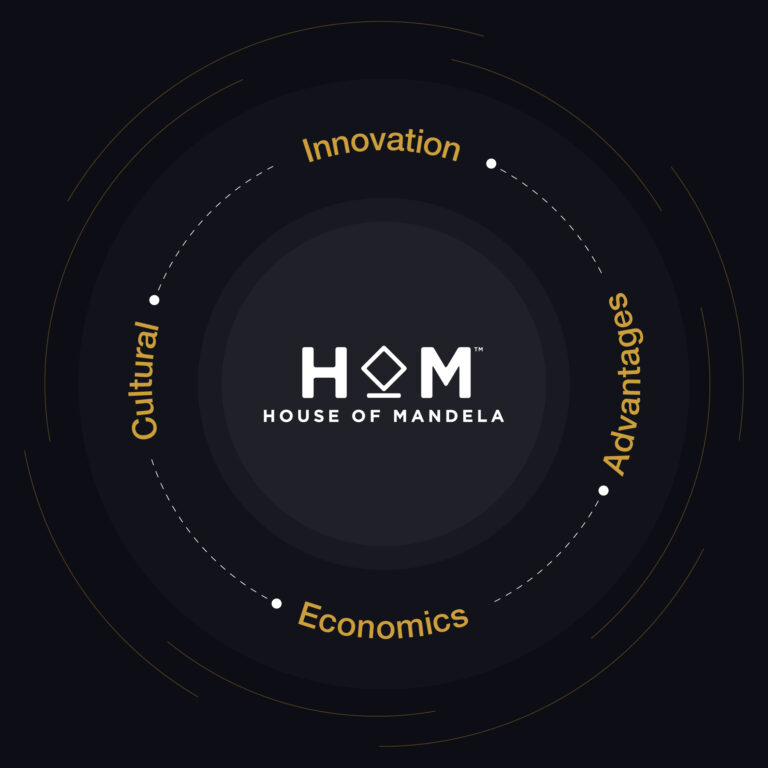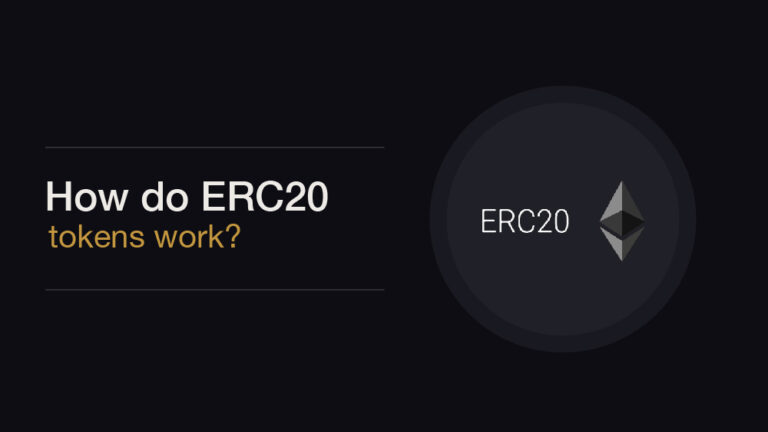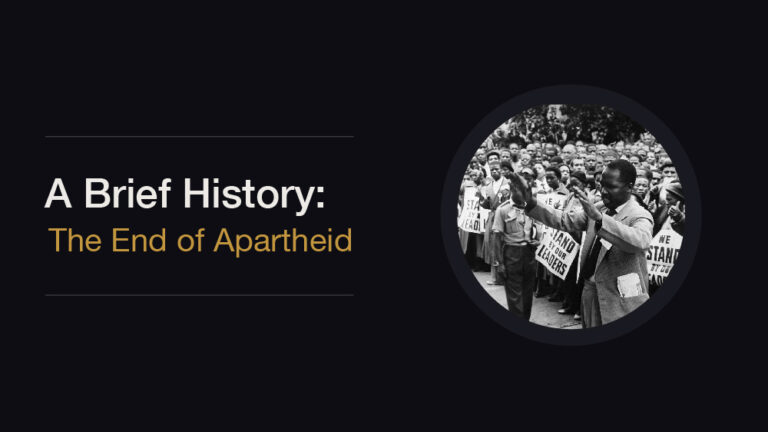Creating sustainable, long-term prosperity for all South Africans is not only possible it’s our responsibility. Having an economy that works for everyone means creating an environment that enables as many individuals as possible to thrive and prosper. This begins by addressing the numerous obstacles facing low-income individuals and communities so that all have access to quality education, economic opportunity, healthcare, clean water and sanitation services, fair wages, affordable housing, and nutritious food.
The Dimensions of Economic Equality
No single measure paints a complete picture of economic equality in any society. In the case of South Africa, several economic inequality indicators are worth examining. These include:
Wealth inequality – The extent to which assets are distributed unevenly across society. This can include things like ownership of the real estate, stock portfolios, and other financial assets.
Income inequality – The extent to which people earn varying amounts of money from employment, investments, or any other source of income.
Inequality of opportunity – The extent to which success is determined by external factors beyond ones control, such as family background, race, and gender.
Wealth inequality in South Africa
Extreme wealth inequality has been a growing concern for many years in South Africa. The wealthiest 1% of South Africans are estimated to control 40% of the country’s wealth, with the wealthiest 10% controlling roughly 70% of the country’s wealth. This is significantly higher than in other major economies, including the United Kingdom and the United States. – Roughly 20% of South Africans control less than 1% of the country’s wealth and only 8% of South Africans control more than 20% of the country’s wealth.
By working on innovations to regulate the money supply and bring access to the financial infrastructures of the banking systems to everyone, the House of Mandela is launching the House of Mandela Token to continue the fight for economic equitability throughout the country. With more of the population having mobile phones than bank accounts, there’s already proof that digitalizing and modernizing the financial system has the potential to soar and make a notable difference for good.
Extreme economic inequality is not only a social injustice but also threatens to undermine the very foundation of South African society. This is because economic inequality is linked to myriad social issues, including crime, health problems, and a shortage of skilled workers. Economic equality is not a pipe dream. It can be achieved through policy interventions that promote investment in low-income communities and individuals, such as education and training programmes, access to healthcare and clean water, and social grants. South Africa has the potential to become one of the wealthiest economies in the world. The only way to get there is to build an economy that works for everyone.
Help support the House of Mandela and learn how to start accepting the HOM TOken or how you can acquire it to spend on everyday goods and services across the country. Visit www.thehouseofmandelatoken.com today!



